PLN Indonesia
-
 ABB Ltd
ABB Ltd -
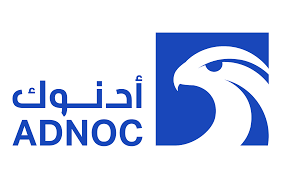 Abu Dhabi National Oil Company (ADNOC)
Abu Dhabi National Oil Company (ADNOC) -
 Admin
Admin -
 Air Liquide S.A.
Air Liquide S.A. -
 Aker Solutions ASA
Aker Solutions ASA -
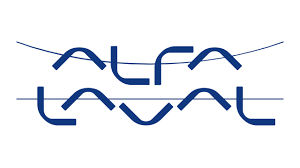 Alfa Laval AB
Alfa Laval AB -
Anglo American plc
-
 ArcelorMittal S.A.
ArcelorMittal S.A. -
 Ashcroft Inc.
Ashcroft Inc. -
 AVEVA Group plc
AVEVA Group plc -
 Axens
Axens -
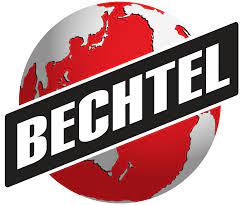 Bechtel Corporation
Bechtel Corporation -
 Bentley Systems
Bentley Systems -
 BHP
BHP -
 Bluewater Energy Services B.V.
Bluewater Energy Services B.V. -
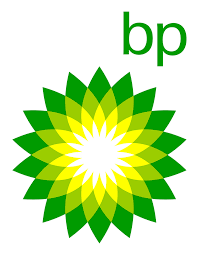 BP plc
BP plc -
 Bumi Armada Berhad
Bumi Armada Berhad -
 Canadian Solar Inc.
Canadian Solar Inc. -
 CBV Offshore
CBV Offshore -
 Claxton Engineering
Claxton Engineering -
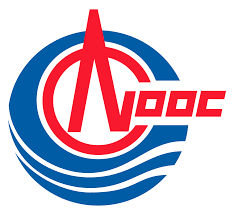 CNOOC Limited
CNOOC Limited -
 Conway Products Sdn. Bhd.
Conway Products Sdn. Bhd. -
 Crosby Valve and Engineering Co
Crosby Valve and Engineering Co -
 den
den -
 DNV A.S.
DNV A.S. -
 Drydocks World Dubai LLC
Drydocks World Dubai LLC -
 Eaton Corporation
Eaton Corporation -
 Edgen Murray Corp
Edgen Murray Corp -
 Engie S.A.
Engie S.A. -
 Eversendai Corporation Bhd
Eversendai Corporation Bhd -
 ExxonMobil Corporation
ExxonMobil Corporation -
 Farris Engineering
Farris Engineering -
 FGV Holdings Berhad
FGV Holdings Berhad -
 Flowserve Corporation
Flowserve Corporation -
 FLSmidth & Co. A/S
FLSmidth & Co. A/S -
 Fulkrum Technical Resources
Fulkrum Technical Resources -
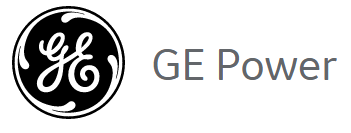 GE Power
GE Power -
 Grayloc Technology
Grayloc Technology -
 Halliburton Corporation
Halliburton Corporation -
 Hess Corporation
Hess Corporation -
 JinkoSolar Holding Co., Ltd.
JinkoSolar Holding Co., Ltd. -
 Jurong Shipyard PTE Ltd.
Jurong Shipyard PTE Ltd. -
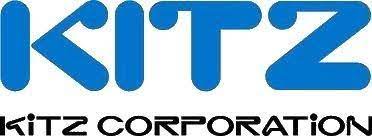 Kitz Valve & Actuation
Kitz Valve & Actuation -
 Kobe Steel Co.
Kobe Steel Co. -
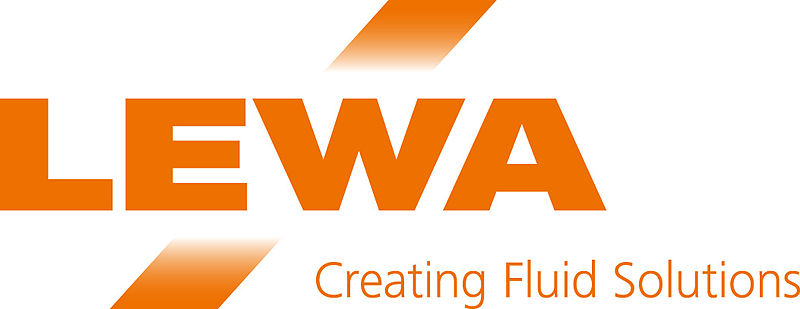 Lewa GMBH
Lewa GMBH -
Lisega SE
-
 Marubeni Corporation
Marubeni Corporation -
 Modec
Modec -
 Mubadala Petroleum LLC
Mubadala Petroleum LLC -
 Neste Corporation
Neste Corporation -
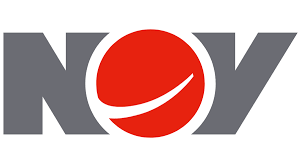 NOV
NOV -
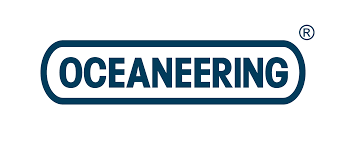 Oceaneering International Inc.
Oceaneering International Inc. -
 Oliver Valves Ltd
Oliver Valves Ltd -
 One Subsea UK Limited
One Subsea UK Limited -
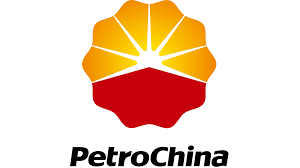 PetroChina Co. Ltd.
PetroChina Co. Ltd. -
 PLN Indonesia
PLN Indonesia -
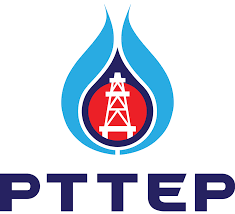 PTTEP Public Company Limited
PTTEP Public Company Limited -
 Qatar Energy
Qatar Energy -
 Rio Tinto PLC
Rio Tinto PLC -
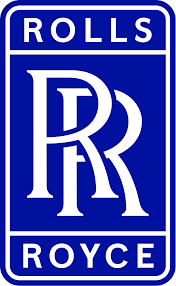 Rolls-Royce Holdings
Rolls-Royce Holdings -
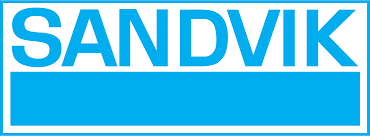 Sandvik
Sandvik -
 Schlumberger Limited
Schlumberger Limited -
 Schneider Electric SE
Schneider Electric SE -
 Seadrill Ltd
Seadrill Ltd -
 Shapoorji Pallonji Oil & Gas Pvt. Ltd.
Shapoorji Pallonji Oil & Gas Pvt. Ltd. -
 Sidvin Core-Tech (I) Pvt. Ltd
Sidvin Core-Tech (I) Pvt. Ltd -
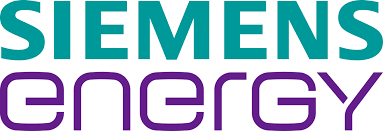 Siemens Energy AG
Siemens Energy AG -
Sime Darby Plantation Berhad
-
 Solarvest
Solarvest -
 Sulzer
Sulzer -
Sumitomo Corporation Group
-
 TechnipFMC plc
TechnipFMC plc -
 Tesla Energy
Tesla Energy -
 Test
Test -
 Trafigura Group Pte. Ltd.
Trafigura Group Pte. Ltd. -
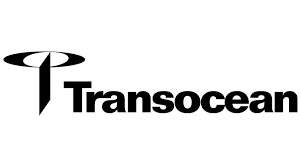 Transocean Ltd.
Transocean Ltd. -
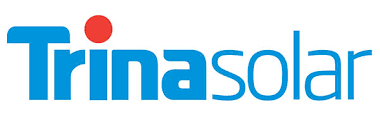 Trina Solar LTD
Trina Solar LTD -
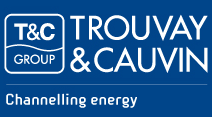 Trouvay & Cauvin Holding Group B.S.C.
Trouvay & Cauvin Holding Group B.S.C. -
 Vattenfall AB
Vattenfall AB -
 Velesto Energy
Velesto Energy -
 Vestas Wind Systems A/S
Vestas Wind Systems A/S -
 Vitol Holding B.V.
Vitol Holding B.V. -
 Weatherford International plc
Weatherford International plc -
 Wood Mackenzie Limited
Wood Mackenzie Limited -
 Wood PLC
Wood PLC -
 Woodside Petroleum
Woodside Petroleum -
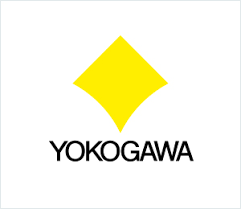 Yokogawa Electric Corporation
Yokogawa Electric Corporation
PLN Indonesia
Company Registration No. :
PLN123456

Company Location :
Jakarta, Indonesia
SHORT BUSINESS DESCRIPTION
PT Perusahaan Listrik Negara (Persero) (PLN, English: State
Electricity Company) is an Indonesian government-owned corporation which has a
monopoly on electricity distribution in Indonesia and generates the majority of
the country's electrical power, producing 176.4 TWh in 2015.[2][3] It was
included in the Fortune Global 500 lists of 2014[4] and 2015.[5] It has large
debts due to expensive coal power contracts.[6]
History
The history of the electricity sector in Indonesia began at
the end of 19th century when Dutch colonialists installed the first electrical
generators.[7] The largest of the electricity distribution companies was the
Nederlands Indische Gasmaatschappij (NIGM) which was originally a gas utility
company. In World War II, the Japanese took control of the electricity sector.
After Indonesian Independence on 17 August 1945, revolutionary Indonesian youth
took control of the electricity sector in September 1945 and handed facilities
over to the Republican government. The history of the electricity sector since
then has been one of continuing institutional changes.[8]
On 27 October 1945 President Sukarno established the Jawatan
Listrik dan Gas (Bureau of Electricity And Gas) with a generation capacity of
only 157.5 MW. On 1 January 1961, the bureau of Electricity and Gas was changed
into BPU PLN (''Badan Pimpinan Umum Perusahaan Listrik Negara, General Board of
Directors for State Electricity Companies) which dealt in the areas of
electricity, agas, and coke (Indonesian: kokas). On 1 January 1965, BPU-PLN was
replaced with two state owned enterprises, Perusahaan Listrik Negara (PLN)
handling the electricity sector and Perusahaan Gas Negara (PGN) handling gas.
The capacity of the electrical-power generators of PLN, then, was 300 MW. There
were further institutional changes during the 1970s, 1980s, and 1990s.
In September 2002 the Electric Power Act (Act No 20 of
2002),[9] was promulgated. The act formally deregulated the electricity sector.
The new act required an end to PLN's monopoly on electricity distribution
within five years after which time private companies (both foreign and
domestic) were to be permitted to sell electricity directly to consumers. All
companies were to use PLN's existing transmission network. However, the act was
annulled in 2004 by the Constitutional Court.[10] As a result, the electricity
sector was in an uncertain legal situation for some years. A new electricity
act, Act No 30 of 2009, was introduced to provide greater legal certainty
although this act, too, was controversial because, as was the case with the
earlier 2002 act, it legislated to end PLN's monopoly in the sector.[11]
Click here to find more on website link : https://web.pln.co.id/


